Property guardianship in Bristol ‘has run its course’, says cabinet member for housing
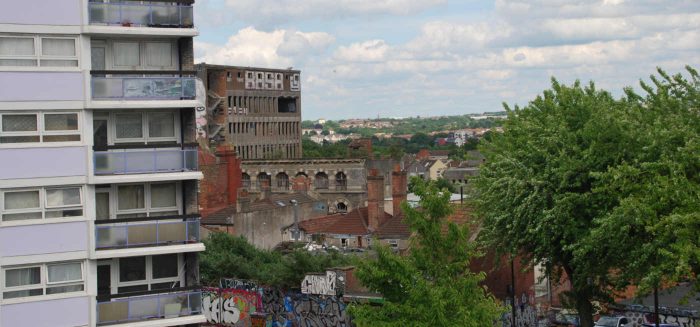
Council plans to end scandal-hit scheme will mean 150 people have to find a new home.
Bristol council cabinet members will be asked this month to approve plans to axe the authority’s controversial property guardianship scheme, under which about 150 people pay below-market rents to live in its empty buildings.
Since 2011 the council has used guardians via an agreement with two commercial firms, to protect vacant properties waiting to be sold off or redeveloped.
But in recent months the arrangement has turned sour. Provider Camelot was taken to court in a potentially landmark case around guardians’ tenancy rights, and accused of threatening residents, carrying out intrusive inspections and housing people in overcrowded conditions.
Under the proposals, to be decided by the cabinet on 26th June, contracts at all 17 of the council buildings that guardians occupy under licence agreements with Camelot and another firm, Ad Hoc, would be ended within two years under a “managed withdrawal”.
At premises where there have been problems, the guardian companies would be given six months’ notice to vacate, while no fresh contracts would be started as other buildings come empty. Instead, the council says it will offer more buildings to housing charities for use as temporary accommodation.
Exclusive occupation
Property guardianship in Bristol hit the headlines at the turn of the year after the Bristolian broke news that the council had been allowing guardians to live in former old people’s homes without Camelot having the necessary ‘house in multiple occupation’ (HMO) license. “The history does not reflect well upon the council,” wrote housing solicitor Giles Peaker at the time.
In February, Bristol County Court then ruled that Greg Roynon, who was living in an former old people’s home in Brislington, was in fact a tenant, rather than a licensee as per his agreement with Camelot, after the firm tried to evict him. The case hinged on him having ‘exclusive occupation’ of two lockable rooms, for which he had the keys.
While guardians’ circumstances vary from place to place, the possibility that many of them could suddenly accrue much greater protection against eviction set alarm bells ringing at the council – which relies on getting its property back quickly so it can be handed over or demolished. (According to the authority, most buildings used for guardianship properties will be redeveloped for schools, social care accommodation and affordable housing.)
In April, the plot thickened when it emerged that up to 40 bus drivers and cleaners were being ‘warehoused’ in another former old people’s home at Brentry, under an agreement Camelot had made with an employment agency. Since then, further allegations about conditions in Camelot-managed properties have come out.
Paul Smith, the council’s cabinet member for housing, told the Cable that property guardianship “has run its course” in Bristol.
“Something that had been done for good reasons originally had turned into a mass housing project with very poor conditions,” Smith said. “I have met with residents; we sent environmental health staff in to see what was going on in various properties and I can’t say we were happy with what came out.” He said conditions were now improving.
‘Freeing up space’
Smith said more council buildings would in future be handed over to charities such as St Mungo’s and 1625 Independent People in order to provide housing “for people we have some kind of responsibility to, or who need to get off the streets”. Eight vacant buildings are currently managed by not-for-profit organisations to provide accommodation for people who are homeless, according to Bristol council.
“This can free up places for others who need it,” Smith said. “One issue in homeless hostels is that places are getting blocked by people who no longer need [intensive] support but there isn’t anywhere for them to move onto.”
Guardians moving out of the 17 properties will be eligible for housing options advice from the council. But few if any people will qualify for social housing, given that a condition of their occupation is that they have no children and are employed – meaning most must turn to the private rental market.




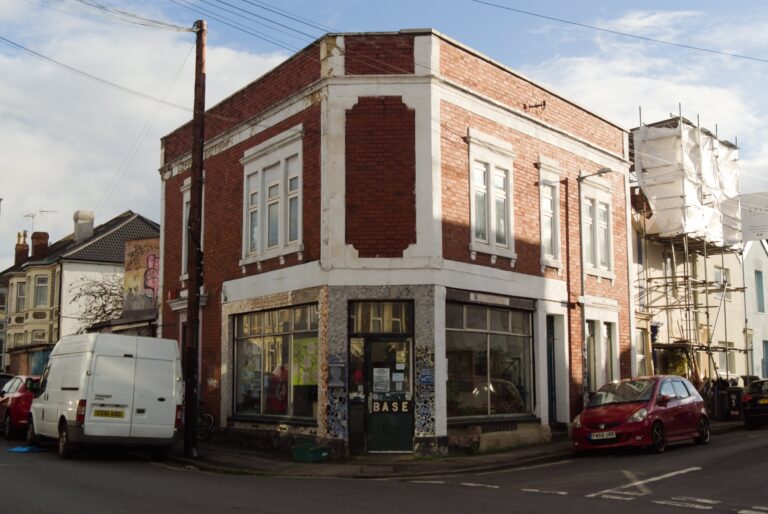

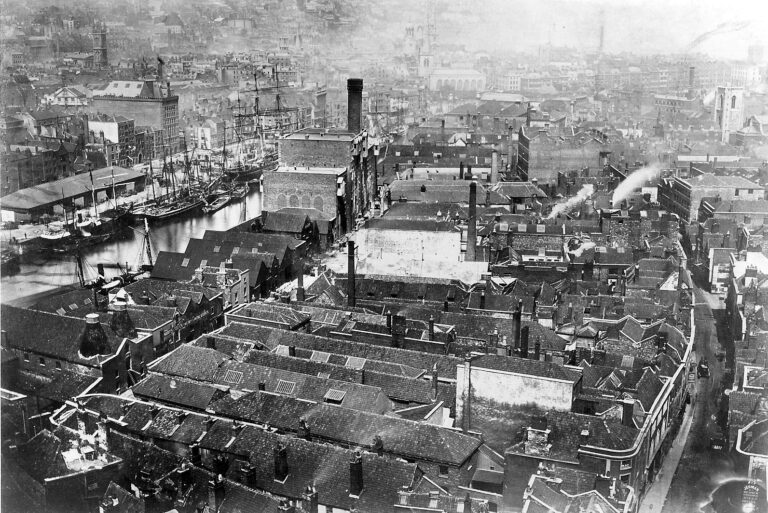



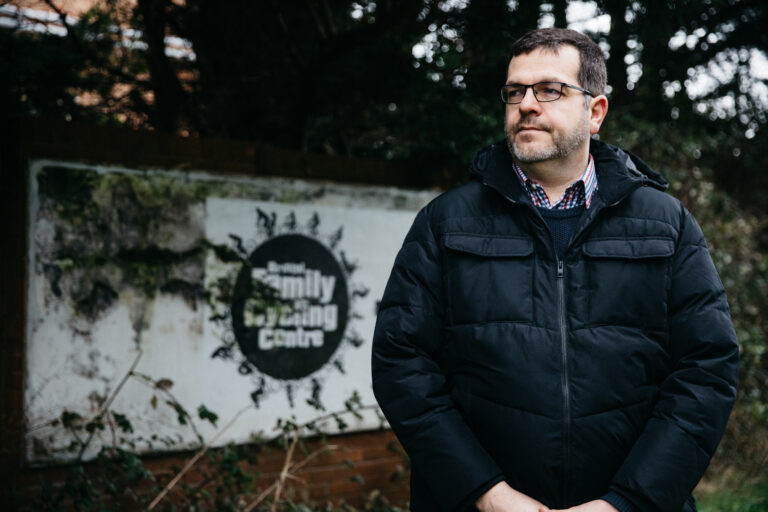
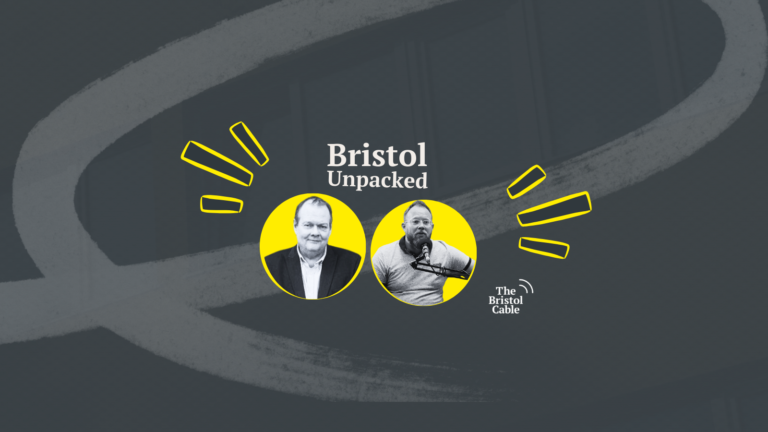



Report a comment. Comments are moderated according to our Comment Policy.
At least the Bristol Post credited The Bristolian who originally broke the story last November and continued to expose this story ever since. Also, what about the 150+ people who are going to be kicked out and made homeless as a result of this decision, have you asked Paul Smith about them? Get off your Labour Party bandwagon and start asking some proper questions…
Good to see you’ve changed it, now ask Smith why he is saying he will rehouse these people on social media but not in the report that has been issued by BCC…
Thanks for comments and sorry for lateness responding. Obviously like you point out there are further questions about what happens to the 150. Can you point me to where Smith said BCC would rehouse?